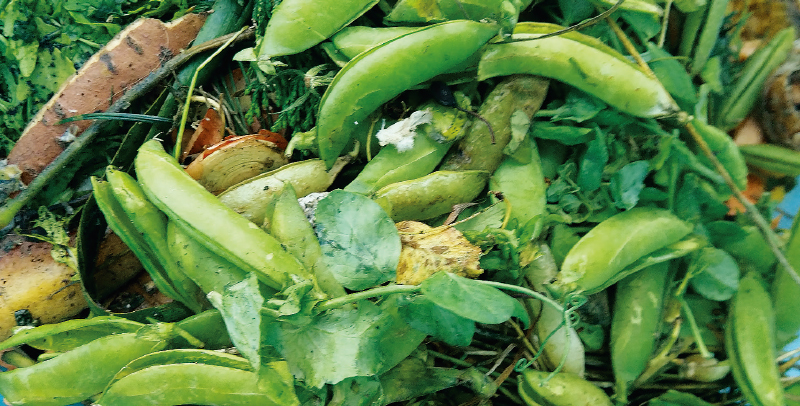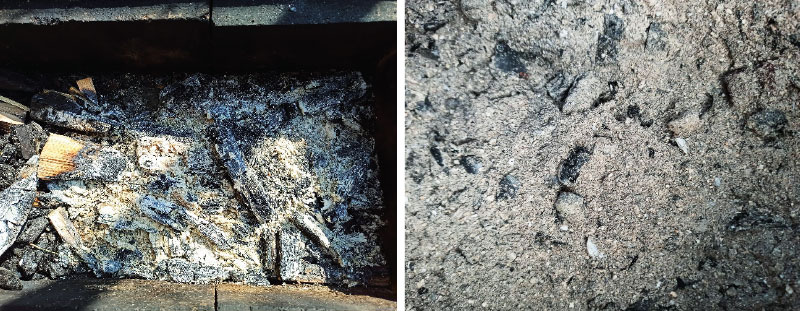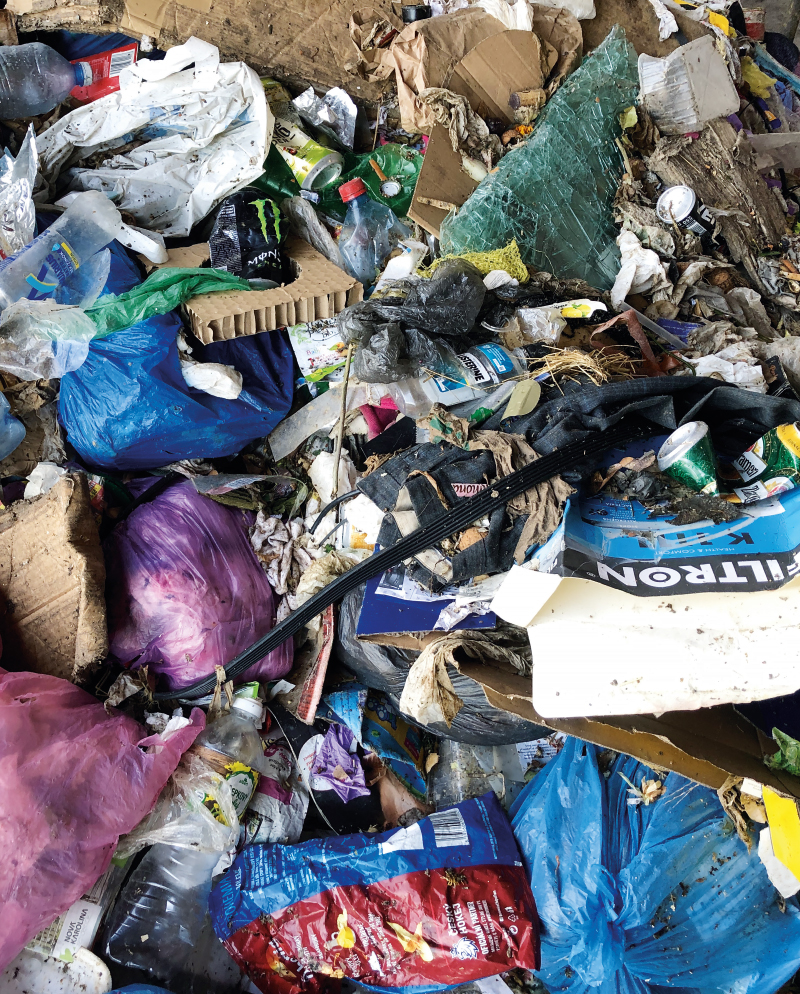Methods of collection and management of biodegradable municipal waste in selected countries of the European Union and current results from moisture loss measurements
The ever-increasing amount of waste, including biological waste, is causing serious problems in modern society, such as the filling of municipal waste landfills, which subsequently produce greenhouse gases. For society to deal with this problem, the legislation of some member states of the European Union (EU), including the Czech Republic (CR), has introduced new obligations to support the prevention of waste generation and its increased recycling and reuse. In 2020, the European Commission released the Circular Economy Action Plan, which provides guidelines for many countries on renewables and waste. However, in some cases the current measures are not enough. A new law on waste was adopted in the Czech Republic, which specifies the obligation to sort biological waste for legal entities and natural persons who allow physical persons to dispose of municipal waste in their establishments.
This article brings the current interim results of research project SS02030008 “Centre of Environmental Research: Waste Management, Circu-lar Economy and Environmental Security (CEVOOH)”. It deals with a brief description of biodegradable municipal waste (BMW) collection in some EU countries and draws general conclusions from the facts found. It also deals with the current results of measuring the moisture loss of biological waste in order to fulfil the obligation of the Czech Republic to report the quantity of this waste in its “fresh” state.



